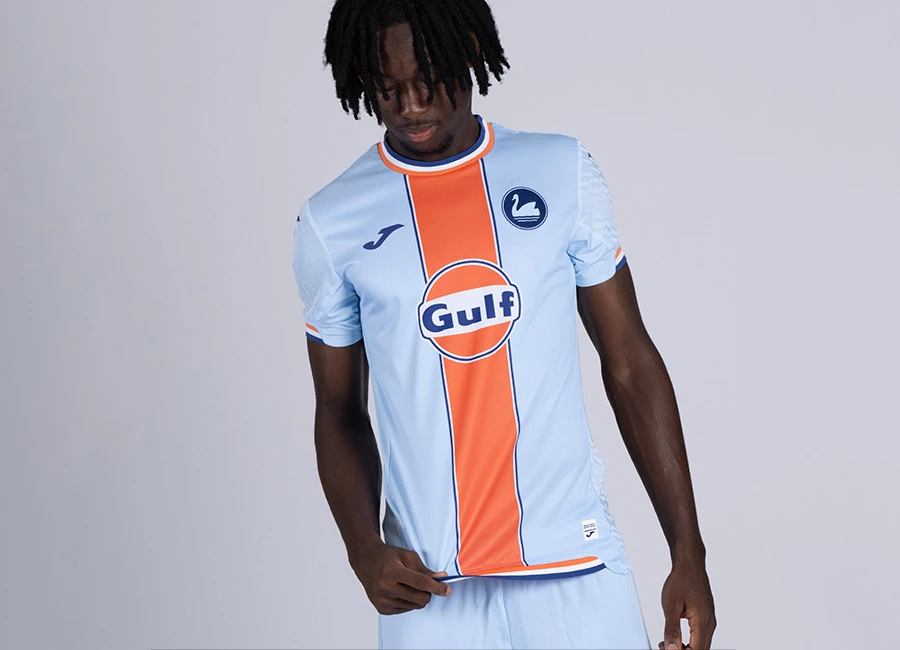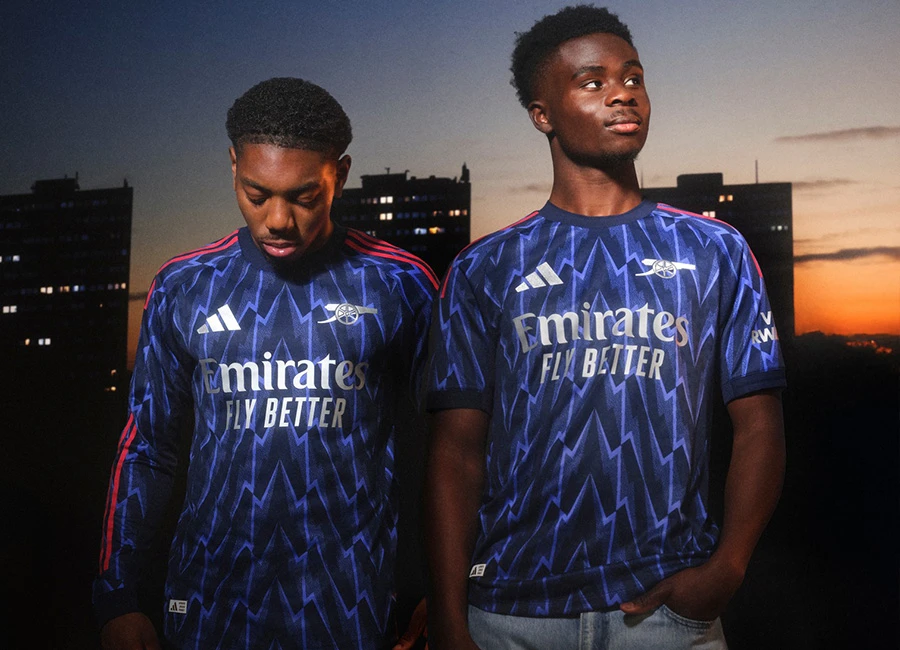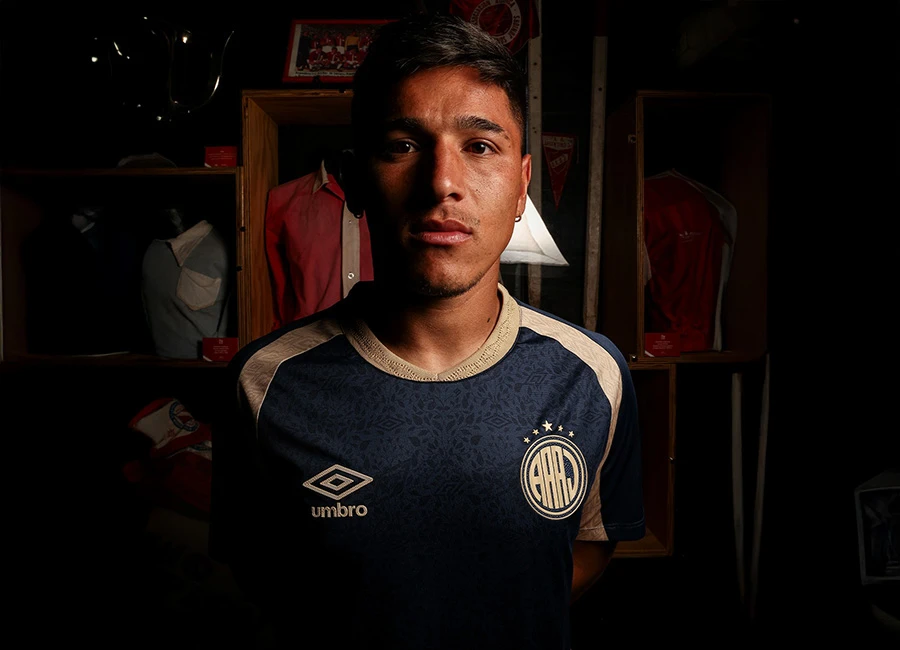Umbro and Rangers F.C. released pictures of the new Rangers home kit (season 2007 - 2008).
They have chosen for a blue shirt with red and white accents, and black/white/red Carling sponsoring on the front. Official Launch Date – Tuesday 22nd May.
Glasgow Rangers Football Club
Four young men shared a dream - to start a football club. They had no money, no kit - not even a ball. Yet from such humble beginnings emerged the most famous of all Scottish football clubs - Rangers FC. None of those four men could have foreseen what was to happen when they met in 1872. They cared only for having their own team, never daring to think that more than a century later their club would have won so many glittering prizes and would be followed by millions throughout the world. All those championships and cups would never have found their way into the Ibrox Trophy Room but for that encounter between Peter McNeil, his brother Moses, Peter Campbell and William McBeath.
Rangers Football Club has a long and illustrious history. Formed in 1873, Rangers were the first club in the world to win more than 50 league titles. Rangers are the most honoured football club in the world having won 107 trophies in total. Despite being formed 134 years ago Rangers have only ever been managed by twelve different men.
The club's home, the all-seated 51,082-capacity Ibrox Stadium in south-west Glasgow, has been accredited as one of UEFA's five-star stadia.
Rangers players and fans today are multi-national and of various religions, although the club has traditionally been identified with the Protestant Unionist community of Scotland. For most of their history, Rangers have enjoyed a fierce rivalry with their cross-city opponents Celtic.
The club is nicknamed The Teddy Bears, from the rhyming slang for Gers (short for Rangers), and the fans are known to each other as 'Bluenoses'. The club's correct name is simply Rangers F.C. although it is sometimes incorrectly called Glasgow Rangers. This frequently happens with English commentators seeking to distinguish between them and other similarly-named clubs, particularly Queens Park Rangers F.C. This naming convention is also popular in Europe and further afield, where any club without its location in its name receives it as a prefix or suffix, for example Red Star Belgrade.













